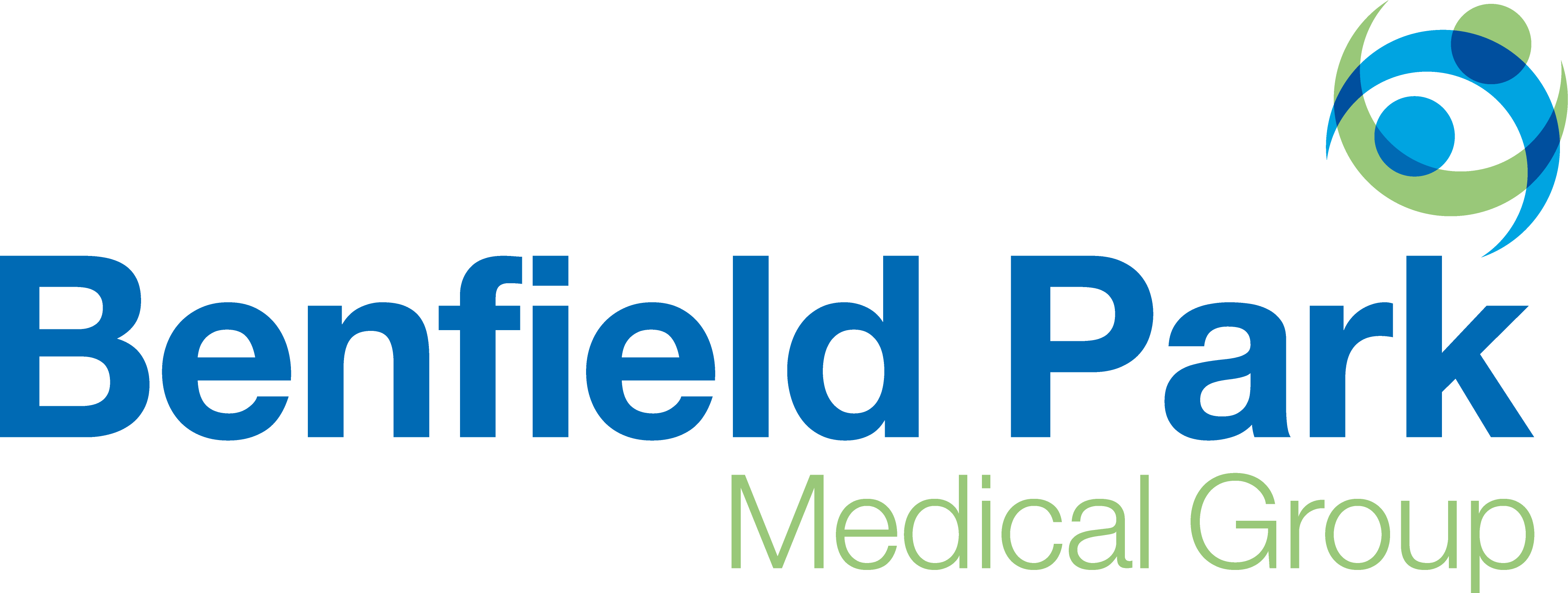Home visits are for medical, not social, or personal reasons. Not all problems require a home visit, and it may be more appropriate to give advice over the phone on how to manage the condition. Home visits are based on clinical need, thus if the visiting Doctor feels a home visit is not required, then the visit will be declined.
A request for a home visit should be made before 10.30am. All requests for home visits are taken by reception staff, recorded on the home visit screen for the GP on-call to Triage as appropriate.
Home visit requests past 12 noon will be classed as a “late request” and will not be processed in the normal way, such requests for home visits are added to the GP on call screen and the GP on call is contacted to be informed of the late visit. The GP will then decide if a home visit is required or telephone advice would be acceptable.
When a patient requests a home visit the receptionist will need to be given a brief outline of the problem, the name and address of the person to be visited and a contact telephone number.
The Doctor will call back on most occasions to assess the problem. This is to enable the Doctor to prioritise visits. It also prepares the Doctor to collect some information required as necessary for the visit.
Guidelines have been drawn up by the national association of GP co-operative on when a visit should and should not be requested. These are as follows:
GP Visit Recommended:
- Terminally ill patients
- The truly housebound patient for whom travel to premises would cause severe deterioration in their medical condition
- Patients who are severely ill and cannot be mobilised
GP Visit May Be Recommended:
It is acknowledged there will be occasions where the patient or relative will be unsure or have doubts whether a visit is necessary. On those occasions patients will be able to speak to a Doctor whereby it may be agreed that a seriously ill patient would be helped by a GP’s visit.
GP Visit Not Recommended:
- Transport/social problems, the Practice cannot undertake home visits for reasons of convenience or lack of transport. The Practices responsibility to you is to resolve the medical problem the patient has; it is the patients responsibility to take all the reasonable steps they are able to, to enable the Practice to do that.
- Babies and small children (up to the age of 5 years old) should be brought to the surgery where the Practice will see them promptly. If the Reception staff are made aware that the child is particularly unwell, they will do everything they can to see that they are not kept waiting unnecessarily to see the Doctor or other healthcare professional.
In most cases a visit would NOT be an appropriate use of GP’s time.
For example:
- Adults with common problems, such as coughs, sore throats, influenza, back and abdominal pain, headaches, dizziness, fevers, constipation, vomiting, diarrhoea, aches and pains
- Common symptoms of childhood: fevers, cold, cough, earache, headache, diarrhoea and vomiting.
- Childhood infections, such as measles and chicken pox, should normally be fit enough to attend surgery. We usually accommodate such patients in a spare room, to avoid the spread of infection.
- Transport arrangements are the responsibility of the patients or their carers.
